Red Borneo Kratom is a unique strain of the Mitragyna speciosa tree, native to the island of Borneo. This tropical...
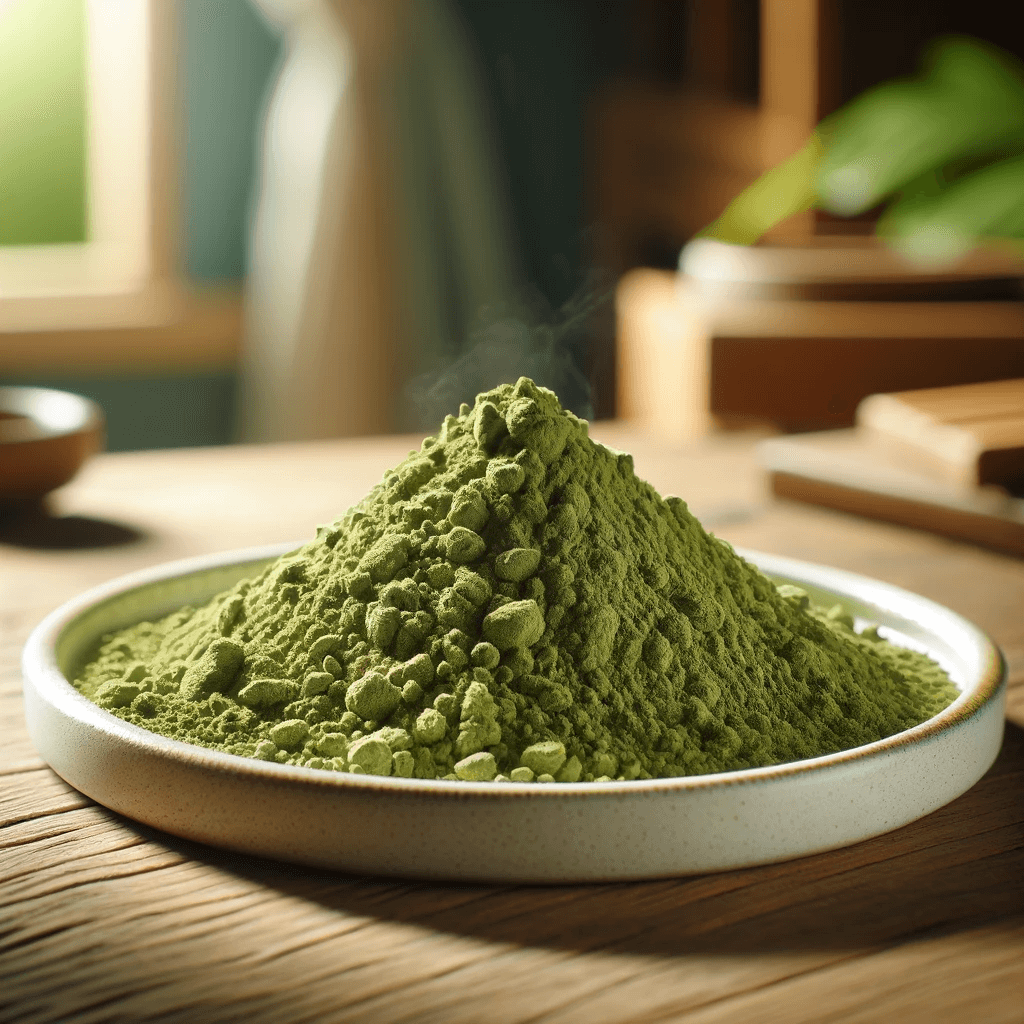
Malaysian Kratom in the Market: An In-Depth Look at Its Legal and Regulatory Status
Introduction
In recent years, Malaysian Kratom has rapidly emerged as a major player in the global botanicals and herbal supplement market. With its distinctive green-veined leaves and potent medicinal properties, Malaysian Kratom has attracted significant consumer demand and commercial interest. As a result, exports of Malaysian Kratom have surged over the last decade to meet rising global demand. Major Kratom wholesale distributors and online retailers have seized upon Malaysian Kratom as it has gained popularity for its unique properties. Moving forward, industry forecasters predict steady growth in the production and sale of Malaysian Kratom supplements.
However, the legal status of this traditional Southeast Asian plant is intricate, variable, and subject to evolving regulations across different national jurisdictions. This article will tackle the complex legal landscape surrounding Malaysian Kratom - exploring its background, regulatory status in key markets, the role of oversight bodies, implications for consumers and businesses, and what the future may hold for this botanical.
Understanding Malaysian Kratom
The Origins
Malaysian Kratom refers to the varieties of Mitragyna speciosa native to the Southeast Asian nation of Malaysia. Kratom is an indigenous plant that has been used in traditional medicine across Thailand, Malaysia, Indonesia, and Papua New Guinea for centuries.
Compared to other variants like Thai and Bali Kratom, the Malaysian strain tends to be rarer, renowned for its distinctive dark green colored leaves. It offers a balance of stimulant and sedative properties, appealing to a broad range of consumers. Recently, Malaysian Kratom has seen surging popularity and demand as more people discover its unique alkaloid profile and balanced effects that set it apart from other regimental strains. Major Kratom wholesale suppliers have prioritized sourcing high-quality Malaysian strains to serve this growing global interest.
Regulation In Malaysia
In Malaysia itself, Kratom exists in a legal gray area. Historically, it has been freely used, chewed, or brewed into tea, with little government interference - especially in rural religious ceremonies. However, over the past decade, Malaysian authorities have imposed stricter controls on Kratom harvesting and circulation to combat addiction.
Under Malaysia's Poison Act 1952, Kratom was slated to be listed as a formal illegal substance - but widespread public backlash shelved these proposals. Instead, The National Pharmaceutical Regulatory Division simply closely monitors Kratom's trade and usage. Heavy penalties exist for unauthorized large-scale sales.
International Legal Status
Globally, regulatory attitudes towards Malaysian Kratom vary hugely between different countries. Broadly three distinct legal approaches emerge.
Model 1 - Full Prohibition
Some nations take a hardline stance, fully criminalizing Kratom including the Malaysian variant. These tend to be countries where all psychoactive substances apart from alcohol and nicotine are banned under a "War on Drugs" policy direction.
For example, throughout Australia, Sweden, and Thailand, Kratom possession or sales are strictly illegal. Traffickers can face imprisonment - although users may just incur financial penalties. This also creates a large risk for consumers, who can accidentally purchase dangerous fake or contaminated Kratom products in underground markets.
Model 2 - Legal Gray Area
Alternatively, many countries occupy an ambiguous middle ground where the legal status of Malaysian Kratom is uncertain. Enforcement tends to be uneven or conflicting across different regions and levels of authority.
In the UK, EU, and New Zealand, Kratom exists in this gray zone - not overtly outlawed but also unregulated. The USA also largely has a patchwork of legislation, where some states permit sales while others heavily restrict possession. Malaysia itself could be seen as fitting this model.
For vendors and consumers, this creates frustration. Legal risks and uncertainty can dampen legitimate trade. Pressure often builds for tighter control or full deregulation.
Model 3 - Legal & Regulated
The third model is where Malaysian Kratom is formally legalized but within a regulated quality and safety framework. Imposed rules can cover manufacturing processes, labeling requirements, sales to minors, and purity standards.
Canada is the most prominent nation adopting this liberalized but governed approach. In 2017 legislation legalized Malaysian Kratom for therapeutic use with oversight safeguards. Some US states like Arizona have also moved towards regulating Kratom as a supplement instead of a narcotic drug.
The FDA and similar international agencies play a crucial role in regulated markets, as explored below.
Regulatory Bodies
While national governments set overarching legality principles country by country, more granular regulatory decisions around Malaysian Kratom are taken by specialized institutions.
The FDA
In the USA, the Food & Drug Administration (FDA) exerts huge influence as the agency tasked with classifying health supplements and enforcing safety standards. So far the FDA has declined to approve Malaysian Kratom for any medical benefit claims, although this position remains under review.
Critics argue the FDA has taken an obstinate stance, over-emphasizing rare health risks despite promising research into alkaloids like mitragynine and 7-hydroxymitragynine as pain relievers or addiction treatment agents.
The UN & WHO
Internationally, bodies like the United Nations Commission on Narcotic Drugs (CND) and the World Health Organization (WHO) play an advisory role to national governments around global drug policy.
For instance, in 2019, the WHO recommended the CND formally control two key Kratom compounds under the UN's international drug treaties. This signals shifting perspectives amongst top policymakers.
Such moves seem out of step with emerging science and public attitudes. But they can create knock-on effects where even more states ban Kratom sales entirely.
EU Regulators
Within Europe, the European Medicines Agency (EMA) helps synchronize medical regulation across EU member countries. The EMA currently declines to license Malaysian Kratom or its derivatives as medicines - arguing more research around safety and addiction potential is needed first.
This conservative attitude acts as a barrier, meaning most EU nations continue leaving Kratom consumption in a gray legal zone even as public demand rises.
Implications
Let's now explore what this intricate global patchwork of Malaysian Kratom regulation and policy means in practice for various stakeholders.
Consumers
For customers buying Malaysian Kratom, exploring loose or conflicting legality poses many headaches. Even determining whether possession is a crime in your locality can prove difficult as rules flux.
This legal uncertainty also exacerbates public health risks. When supply chains are unregulated, toxic pollutants or substituted herb fakes may enter circulation.
However,updateGrouping consumer advocacy campaigns are emerging. These lobby governments for better-defined legislation - avoiding outright bans but introducing quality safeguards and transparency around the Malaysian Kratom trade. Maintaining freedom of choice for traditional remedies is a key argument, especially for chronic pain patients already struggling with opiate restrictions.
Industry & Retailers
For botanical companies cultivating or selling Malaysian Kratom, fluctuating legal status also causes major commercial headaches. Threats of sudden prohibition disincentivize investments and marketing around these products. Entrepreneurs struggle to access financial tools like bank loans or insurance when operating under legal ambiguity.
Many major health retailers shy away entirely from stocking Malaysian Kratom, fearing drastic FDA policy changes overnight. Those who commercialize this botanical are forced into contorted compliance efforts - enforced random mystery audits, extensive lab-testing paperwork, and altering formulations to avoid medical claims.
Predictably, calls are growing from industry advocates for more uniformly permissive pan-national regulations around Malaysian Kratom. Trade bodies argue this will allow reputable players to dominate the arena, crowding out illegal street dealers.
The Future
What next for Malaysian Kratom regulation and markets? Despite current obstacles, most experts expect the global legal climate to become more uniformly welcoming in the coming years. This makes reliable access likely for more consumers, businesses, and researchers.
There are shining precedents of policy shifts around marijuana, CBD, and psychedelics. As science dismantles dated drug-war ideology; and awareness of Kratom's joint traditional heritage spreads, political charges may ease. We see promising motions to deregulate high-quality Malaysian Kratom already emerging in locations from Arizona to Ontario.
With future legal clarity and regulatory openness, Malaysian Mitragyna speciosa is set to resume its long-held place in therapeutic traditions across the 21st-century world.
The Effects of Green Malaysian Kratom
Among the most popular varieties of Kratom, Green Malaysian stands out for its unique alkaloid profile which produces a combination of stimulant and sedative effects. The high concentration of mitragynine in the leaves provides a boost in energy and focus, while other compounds like 7-hydroxymitragynine promote calmness and pain relief. Many users report sustained concentration and motivation during work, with relaxed muscles and reduced discomfort.
Get your Green Malaysian Kratom powder at Speakeasy Kratom. As a leading supplier of quality Kratom products, Speakeasy Kratom undergoes extensive lab testing to ensure the purity and potency of every batch they distribute. Their team closely monitors growers across regions of Indonesia to find the best harvests that capture the ultimate expression of this unique botanical strain. By offering fair trade partnerships with expert cultivators, Speakeasy Kratom's Green Malaysian captures the vibrant character and balanced effects long-sought by Kratom enthusiasts around the world.
Frequently Asked Questions
1. Is Malaysian Kratom legal in the United States?
The legal status of Malaysian Kratom in the US varies by state, with some states allowing it, some banning it, and some having no clear laws. Overall the US has a complex patchwork of policies around Kratom access and sales. Malaysian strains face the same conflicting legislation.
2. What major bodies regulate Kratom internationally?
Key agencies like the UN Commission on Narcotic Drugs (CND), the World Health Organization (WHO), and the European Medicines Agency (EMA) make major decisions around classifying and scheduling Malaysian Kratom globally. This influences national regulatory approaches.
3. Why is Malaysian Kratom strictly banned in some countries?
Some nations take a hardline "anti-drugs" approach, prohibiting Malaysian Kratom alongside almost all other psychoactive botanicals. Possession or sales can lead to harsh penalties in these countries.
4. Is Malaysian Kratom regulated for quality and safety anywhere?
Yes - Canada has formally legalized and regulated Malaysian Kratom products, introducing manufacturing and labeling safety controls. This model is emerging in some US states too.
5. Can Malaysian Kratom be sold legally in UK stores?
No - in the UK, EU, and New Zealand, Malaysian Kratom occupies an uncertain gray area without clear legality. Retail sales are minimal as vendors fear legal reprisals.
6. What side effects prompted regulation concerns?
Very rare instances of liver damage, respiratory failure, and addiction led agencies like the FDA and WHO to warn about possible harm from Malaysian Kratom alkaloids without further study.
7. How could regulated legalization benefit consumers?
Policies that permit sales but enforce safety controls would ensure consumers access pure, unadulterated Malaysian Kratom instead of fakes or toxins on the black market. Implementing manufacturing guidelines and requiring lab testing would allow Malaysian Kratom products to be sold legally through licensed vendors while preventing dangerous contaminants from entering the supply chain. As more regions adopt this regulatory model, a legal marketplace emerges where customers can reliably purchase high-quality Malaysian Kratom without fear of hazardous counterfeits. Ultimately, increased oversight and quality standards protect public health while still providing access to one of nature’s most beneficial botanical resources.
8. How would retailers benefit from deregulation?
Legal clarity would create confidence for vendors to invest and market Malaysian Kratom without fear of sudden prohibition from capricious policy changes. Establishing transparent, consistent regulations around Malaysian Kratom commerce allows businesses to reliably build their supply chains, production capacity, and consumer outreach. With a stable legal framework secured, major established distributors and new entrants alike can focus efforts on product quality, customer service, and community education rather than diverting resources to explore unclear laws. Over time, rules guarding lawful access foster gradual mainstream adoption as more people discover Malaysian Kratom's unique health properties supported by a mature industry.
9. What is the direction of future legal shifts?
Experts predict legality will become more uniform globally as traditional benefits regain recognition, allowing Malaysian Kratom to grow sustainable markets. As ongoing research continues to validate its natural therapeutic properties as an alternative to pharmaceutical pain relievers, governments are re-examining outdated drug policy restrictions on Kratom consumption and distribution. Leading botanical trade associations are also campaigning to educate legislators on the empirical evidence about Kratom's usefulness and its potential role in the healthcare system. If current trends hold steady, the favorable legal and regulatory conditions that have supported the growth of Malaysian Kratom in certain jurisdictions are likely to expand to new markets across the globe over the next five years.
10. Where can I access safe & high-quality Malaysian Kratom?
For the latest products from reputable growers and information on legal status, visit regulated vendors like Speakeasy Kratom. Their team closely monitors policy changes and works to ensure compliance across all areas of the supply chain. As a leading vendor in the industry, Speakeasy Kratom utilizes extensive quality control and lab testing protocols to guarantee only the purest Malaysian Kratom reaches its customers.

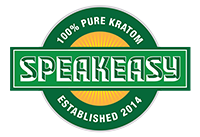
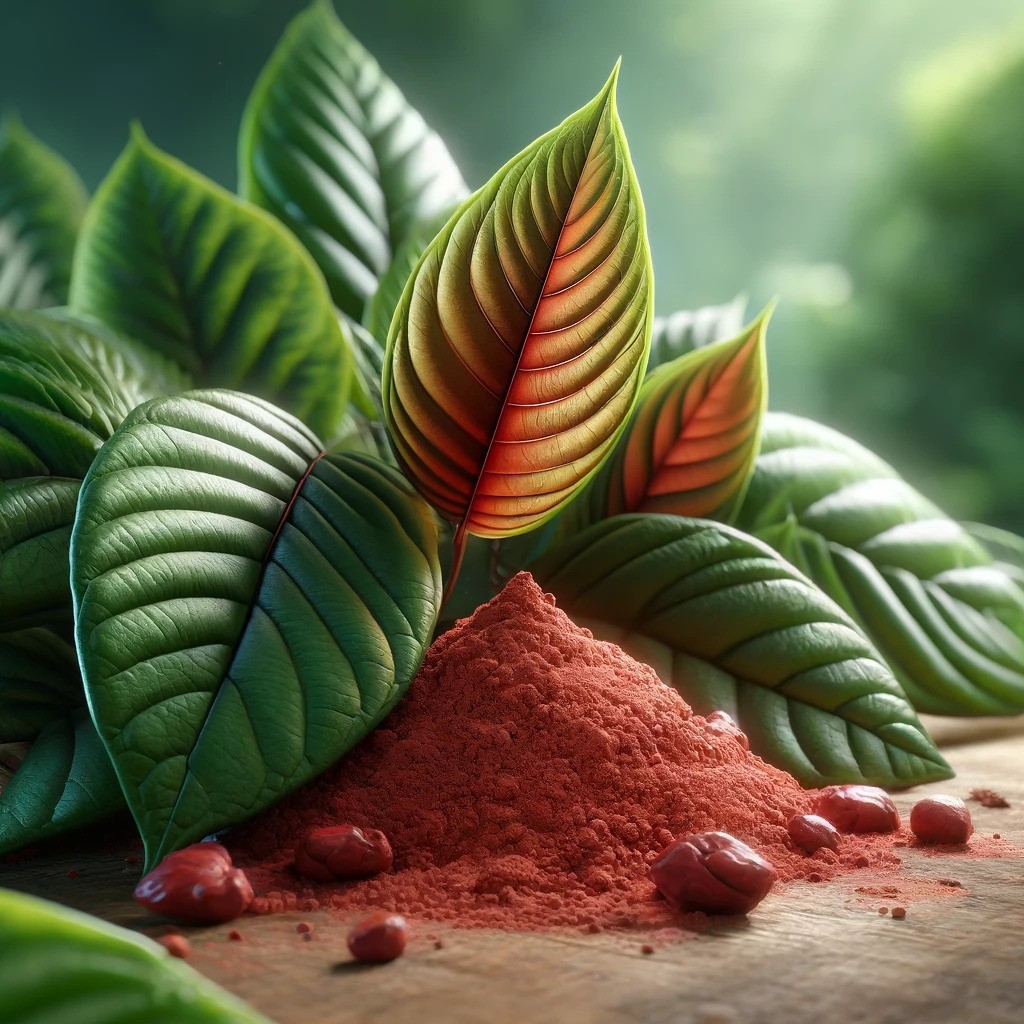
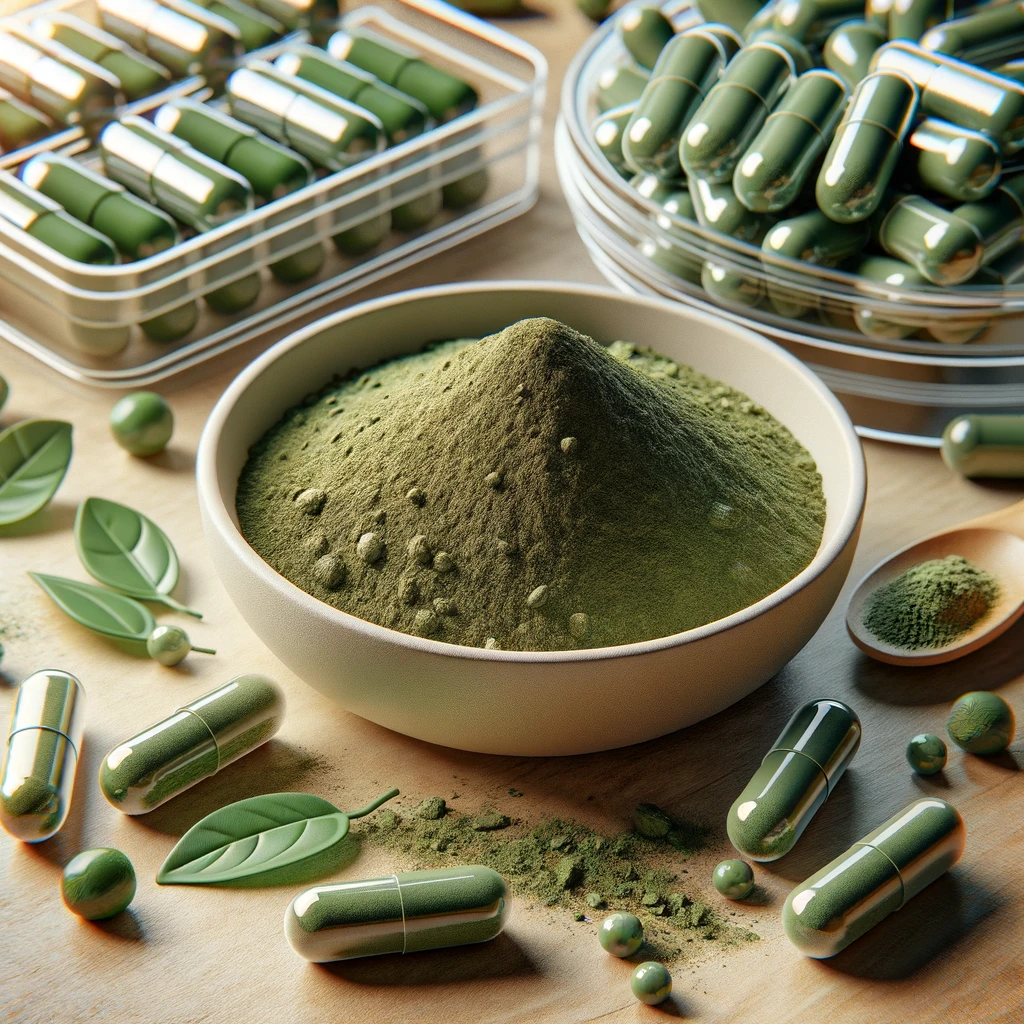
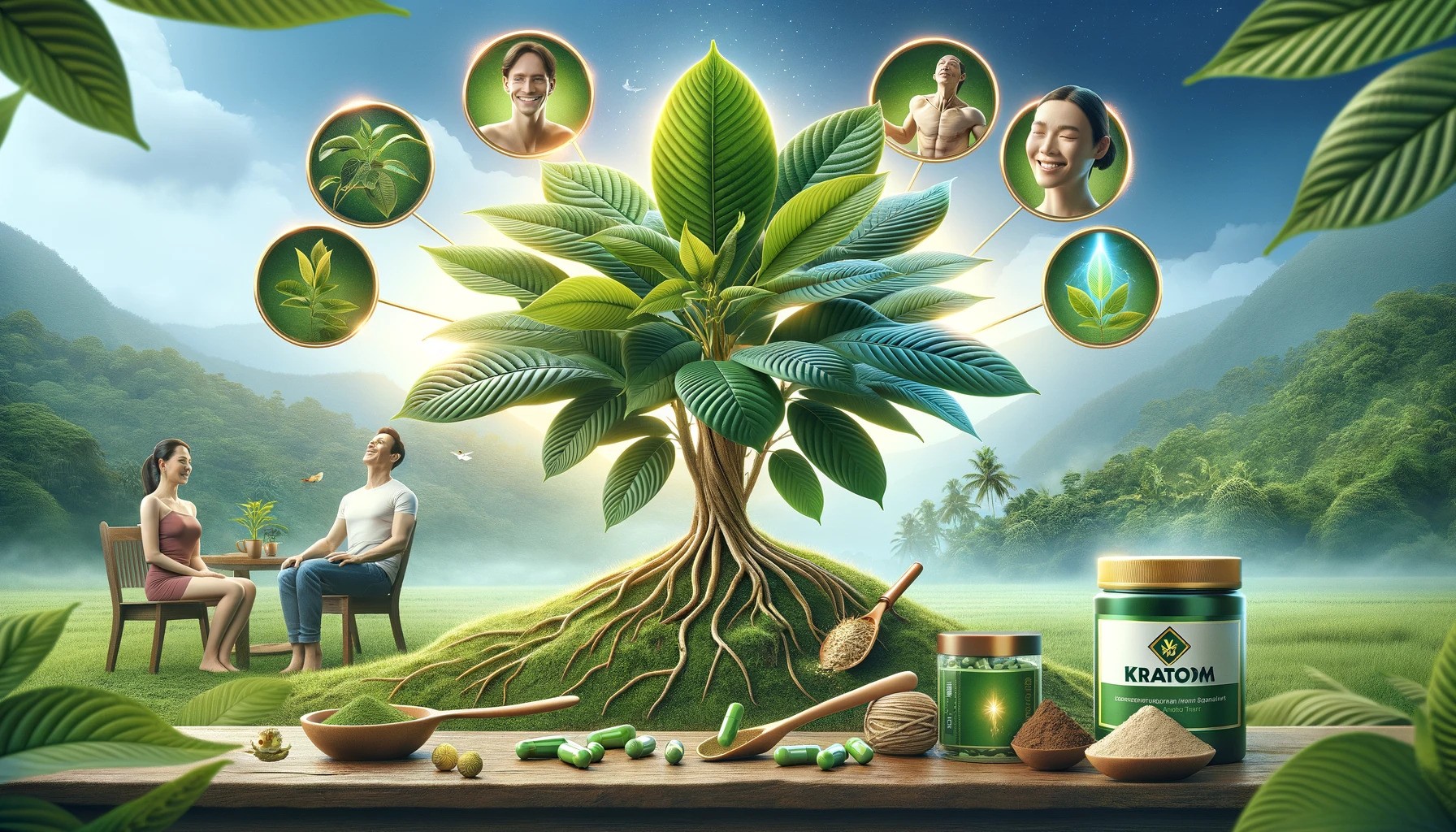

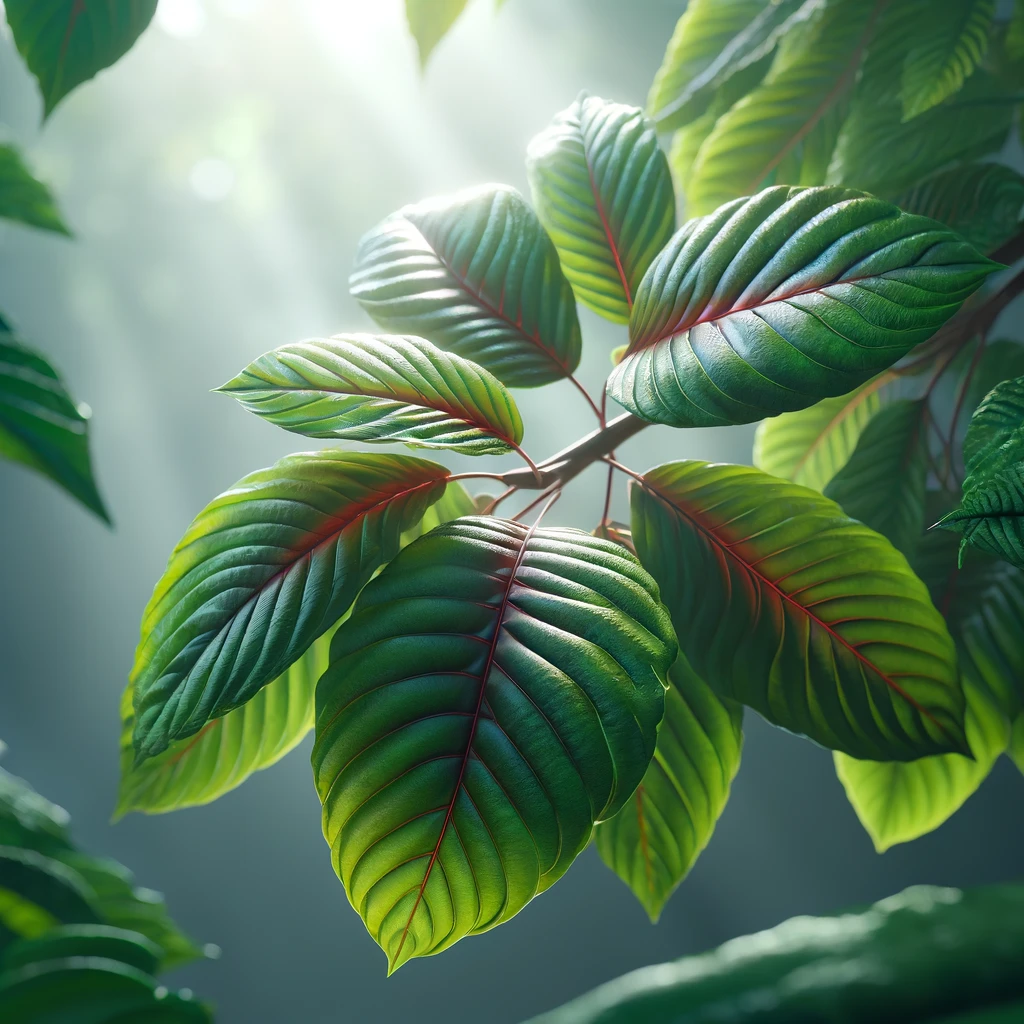
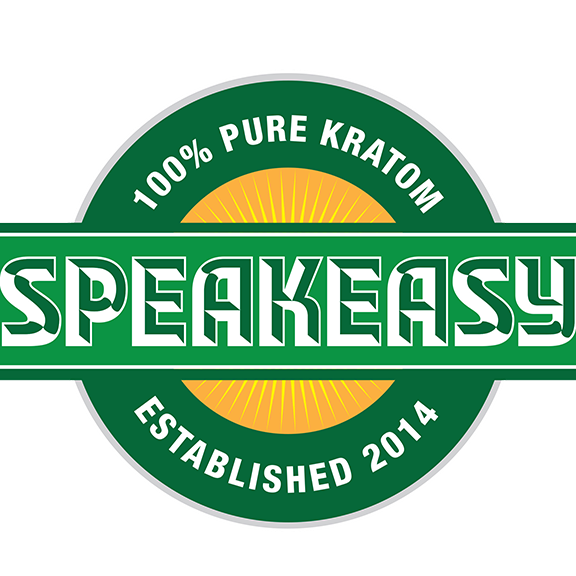
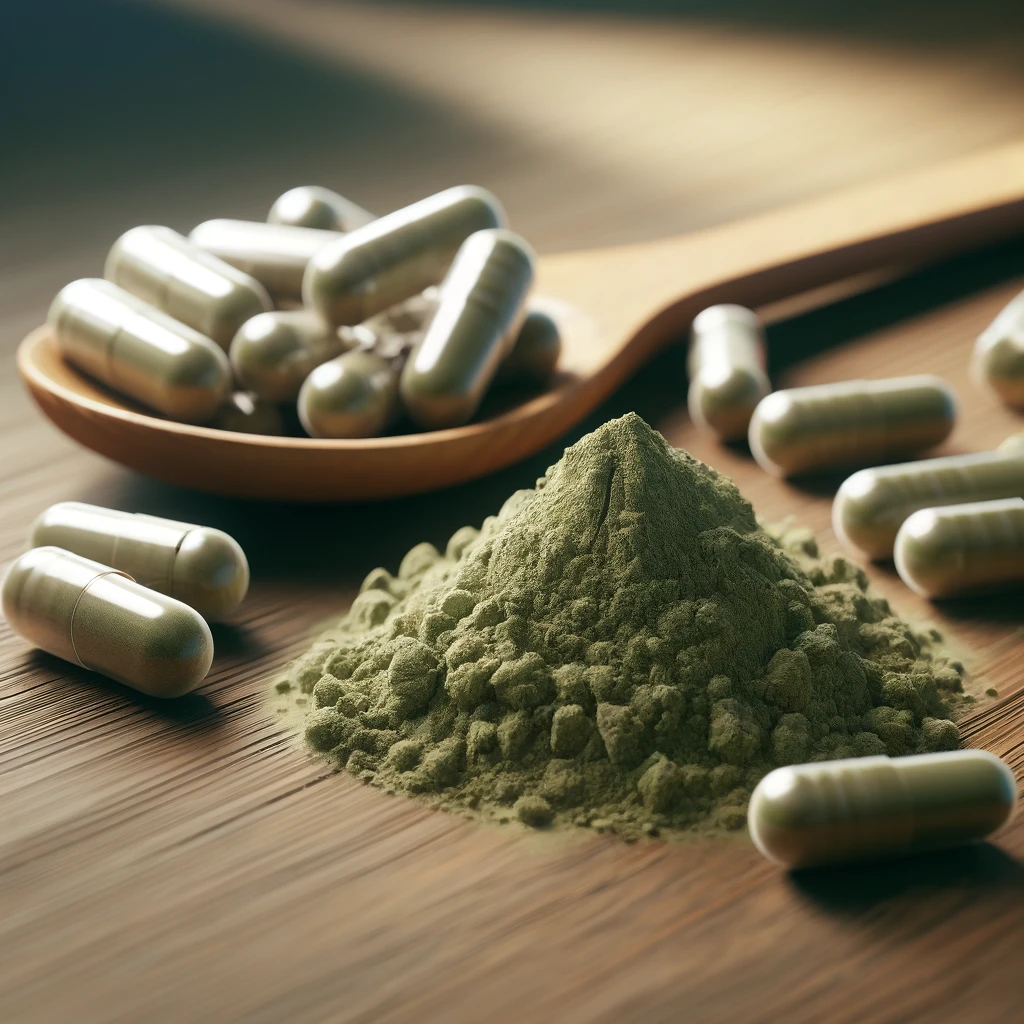
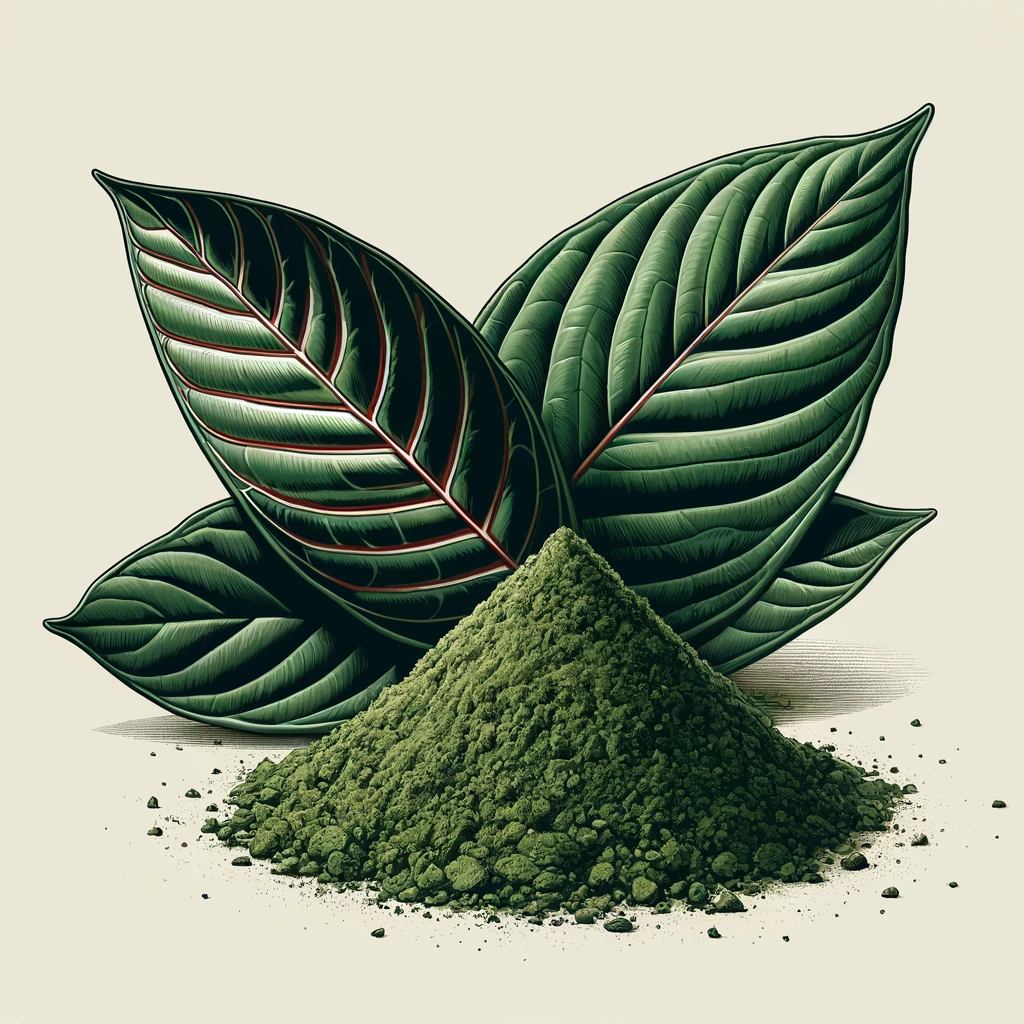

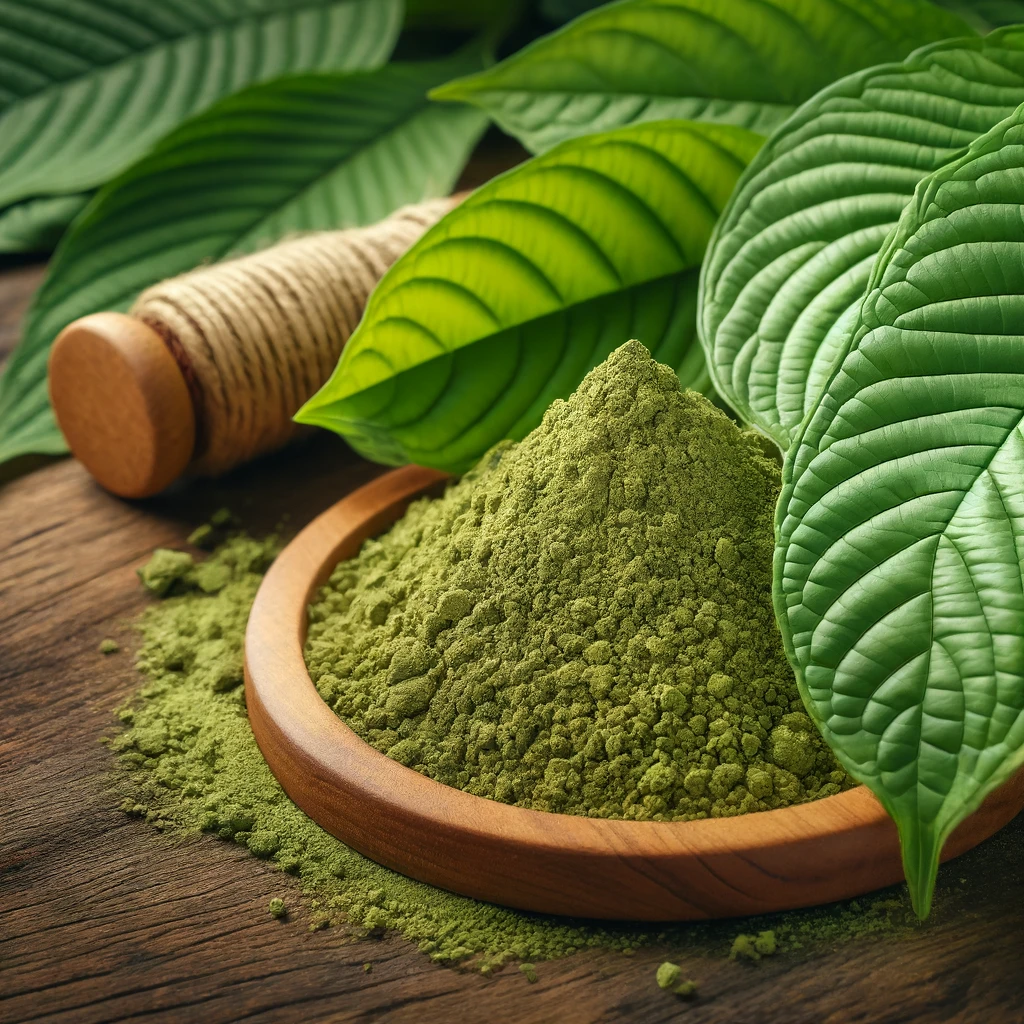
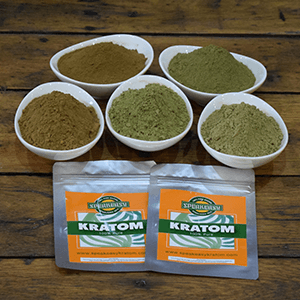
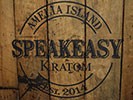
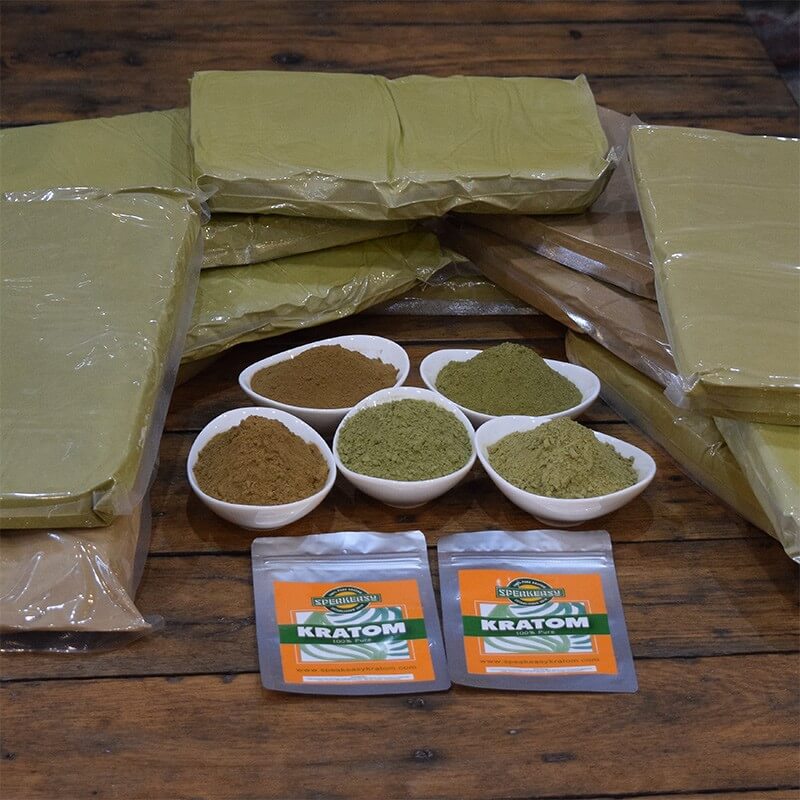
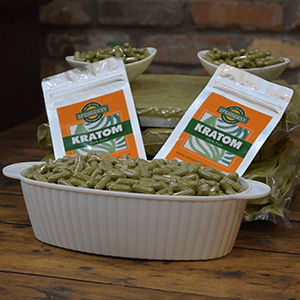
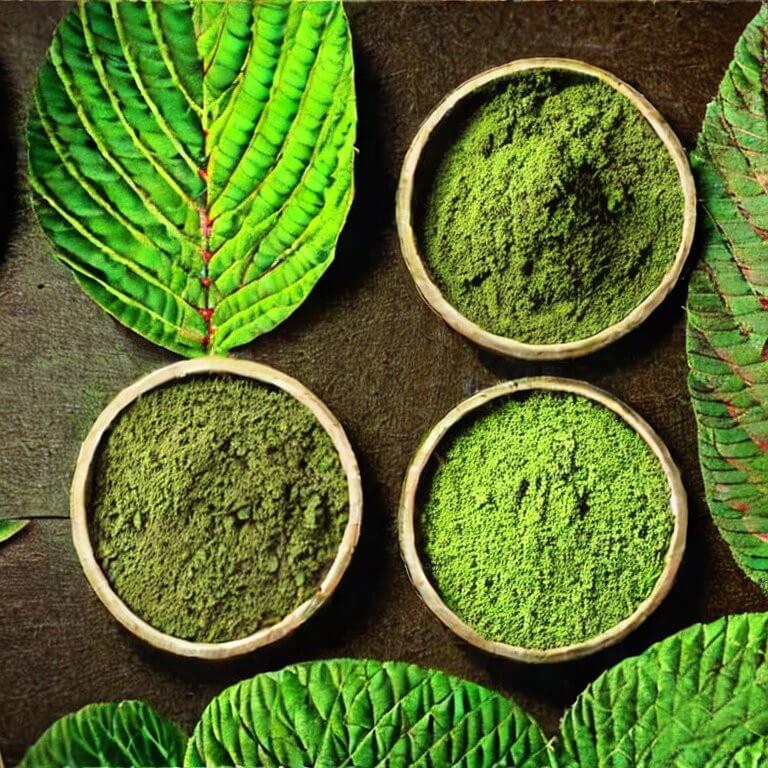
Leave a comment